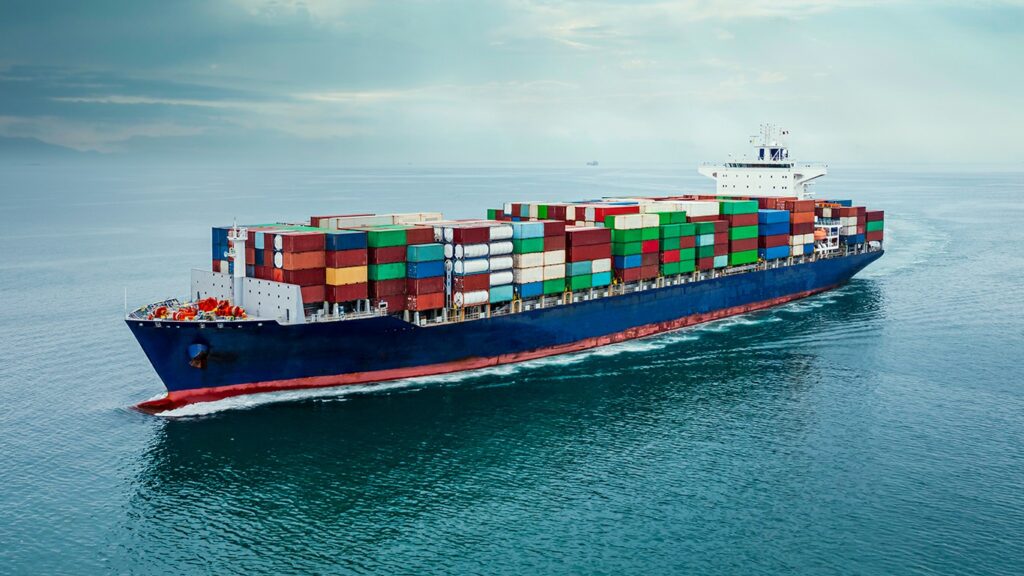Overview
It might be intimidating to navigate the complexity of international shipping. With so many rules, paperwork needs, and possible obstacles, having a thorough understanding and trustworthy partners is crucial. Leader in the field AFM Logistics provides priceless knowledge and services to simplify your demands for international shipment.
Comprehending Global Shipping
International shipping, which is essential to world trade, is the movement of products across national boundaries. It’s crucial for companies looking to grow internationally and attract new clients.
Important Things to Take into Account When Shipping Internationally
When handling international shipment, there are a few important things to keep in mind:
Regulations and Compliance
It is essential to comprehend rules governing international trade and to abide by import/export regulations. Legal problems and delays can be avoided by making sure your shipments comply with local legislation.
Documentation Needs
For international shipping to go well, the right paperwork is essential. Important records consist of:
Customs procedures for the Bill of Lading, Commercial Invoice, Packing List, and Certificate of Origin
There are other processes involved in clearing customs, including paying taxes and charges. Customs brokers can help with this procedure, guaranteeing effective handling and compliance.
Shipping Procedures and Providers
The choice between sea and air freight is influenced by a number of variables, including the commodities’ nature, cost, and speed. Your shipping plan can be optimized by choosing the best carrier and making use of freight forwarding services.
Typical Obstacles in International Shipping
International shipping comes with a number of difficulties, such as:
Interruptions and Delays
Weather, logistics, or customs-related concerns might all cause delays. Planning for contingencies and keeping lines of communication open with carriers are examples of mitigating tactics.
Expense Control
The cost of shipping can be high. Managing spending can be aided by being aware of these charges and engaging in carrier negotiations. Moreover, cost-cutting techniques like shipping consolidation help reduce expenses.
Hazard Assessment
Recognizing hazards like theft, loss, or damage is crucial. Potential losses are reduced by using risk management techniques and insurance solutions.
Barriers to Communication
Cultural and linguistic barriers can make communication difficult. These gaps can be filled by using clear communication techniques and perhaps hiring bilingual employees.

